HRW says Azerbaijan's human rights record deteriorated last year
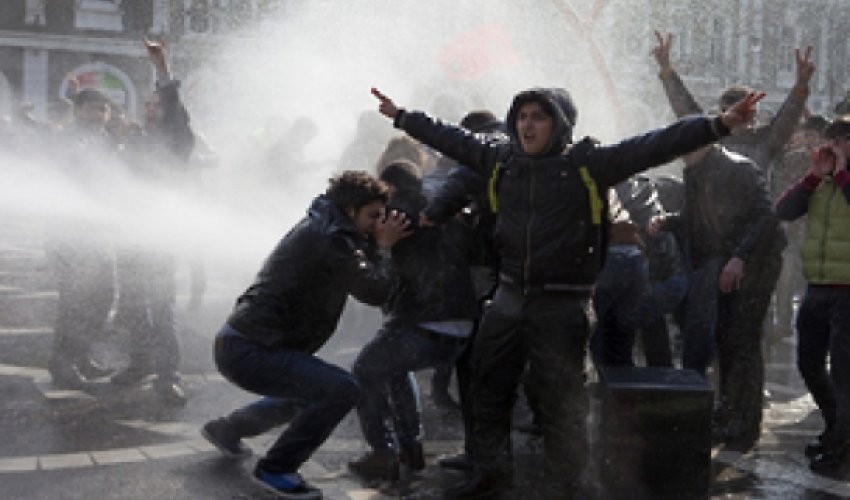
Azerbaijan's record on freedom of expression, assembly, and association deteriorated even further in 2013, Human Rights Watch said in its World Report 2014. The downhill slide was especially dramatic in the period leading up to the October presidential vote.
The authorities arrested dozens of political activists on bogus charges, imprisoned critical journalists, broke up several peaceful public demonstrations, and adopted legislation that further restricted fundamental freedoms, the report said. This crackdown was the backdrop for the election in which the incumbent, President Ilham Aliyev, was re-elected in October for a third term with 84.5 percent of the vote.
“In the past year, Azerbaijan’s government has launched an unprecedented crackdownon critics,” said Giorgi Gogia, senior South Caucasus researcher at Human Rights Watch. “But locking up anyone who criticizes the government on bizarre charges will hardly increase the government’s credibility at home or abroad.”
In the 667-page report, its24th edition, Human Rights Watch reviews human rights practices in more than 90 countries. Syria’s widespread killings of civilians elicited horror but few steps by world leaders to stop it, Human Rights Watch said. A reinvigorated doctrine of “responsibility to protect” seems to have prevented some mass atrocities in Africa. Majorities in power in Egypt and other countries have suppressed dissent and minority rights. And Edward Snowden’s revelations about US surveillance programs reverberated around the globe.
The Azerbaijani government had in the past rejected all reports by HRW and other international rights watchdogs as biased.
ANN.Az
























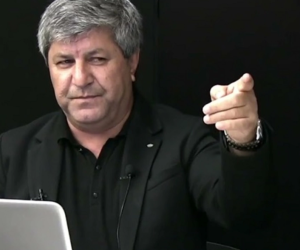
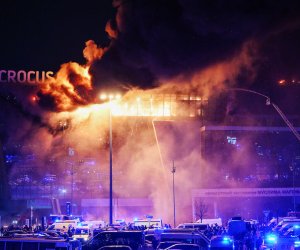
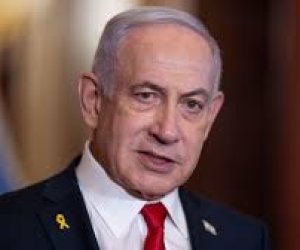
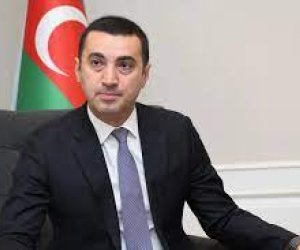

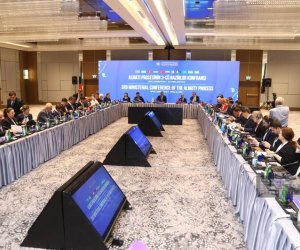
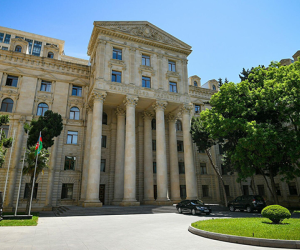
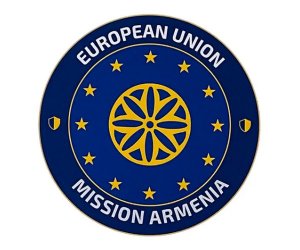
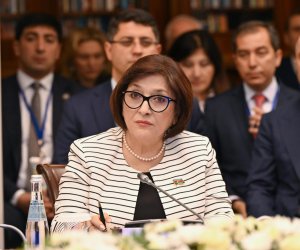



 Photo
Photo 



 Video
Video 

